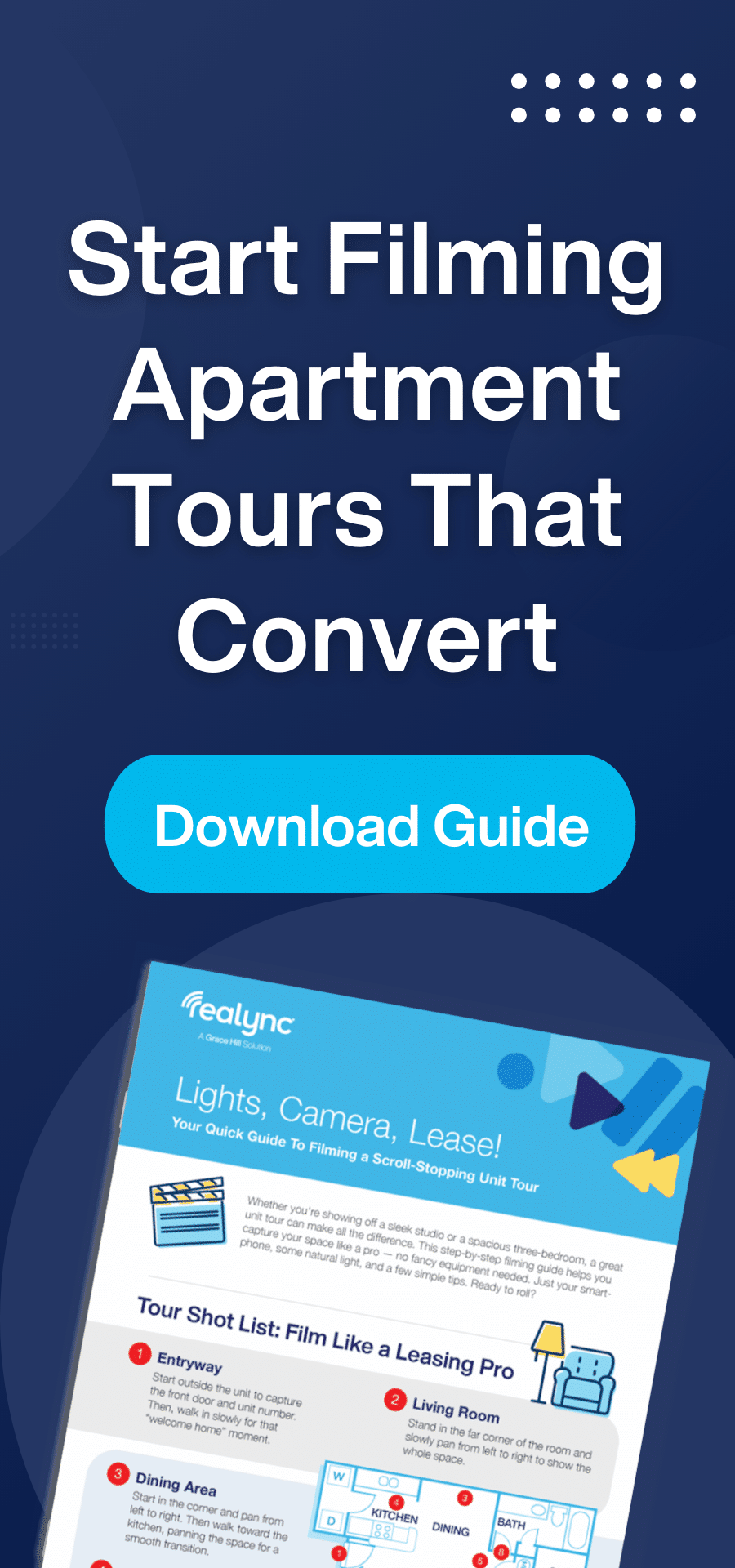Navigating the landscape of reasonable accommodations and reasonable modifications can be challenging, yet understanding these concepts is crucial for fostering inclusivity and compliance with legal standards.
In 2023, the National Fair Housing Alliance released their most recent Fair Housing Trends Report, and “as in previous years, the latest findings show that discrimination based on disability accounted for the majority (53.26 percent) of complaints filed with FHOs, HUD, and FHAP agencies.”
This statistic is a reminder of how important it is to handle reasonable accommodation and reasonable modification requests properly. But do you know the difference between an accommodation and a modification? Let’s review the basics.
Jump to A Section
- What Are Reasonable Accommodations?
- What Are Reasonable Modifications?
- The Difference Between Reasonable Accommodations & Modifications
- Reasonable Accommodations and Modifications: The Cost of Non-Compliance
- How Grace Hill Can Help
What Are Reasonable Accommodations?
Reasonable accommodations are changes in rules, policies, practices, or services so that a person with a disability has an equal opportunity to use and enjoy a dwelling unit or common space.
Some examples of reasonable accommodations are:
- Allowing a resident who is blind to have a seeing-eye dog when the policy is “no pets allowed.”
- Reserving a parking space close to a resident’s apartment when the parking policy is “first-come, first-served.”
- Waiving guest fees for a resident with a disability who requires a live-in nurse.
What Are Reasonable Modifications?
A reasonable modification is a structural modification that allows people with disabilities to fully enjoy dwelling units and related facilities.
Some examples of reasonable modifications are:
- Installing grab bars in bathrooms.
- Installing visual doorbells or fire alarms.
- Lowering kitchen cabinets.
The Difference Between Reasonable Accommodations and Modifications
Reasonable accommodations and modifications differ in who is typically responsible for the costs.
The costs associated with making reasonable accommodations are typically the responsibility of the housing provider. However, the person with a disability is usually responsible for the cost of a modification — though this does not apply in cases where the housing provider receives federal financial assistance.
Additionally, if modifications to a dwelling unit interfere with the next resident’s use, the person with a disability is responsible for returning the apartment to its original condition before moving out. A person with a disability cannot be required to restore modifications to common areas or the exterior of the apartment home.
For an accommodation or modification request to be considered reasonable, the following conditions must apply:
- It must not cause the housing provider an excessive financial or administrative burden.
- It must not cause a basic change to the nature of the housing programs available.
- It must not cause harm or damage to others.
- It must be technically possible.
You do not have to provide a requested accommodation or modification when it does not meet the above standards for what is considered reasonable. However, you should try to find an alternative that might help your resident.
Reasonable Accommodations and Modifications: The Cost of Non-Compliance
Ignorance is not bliss. And not understanding the difference between reasonable accommodations and reasonable modification requests can leave your business vulnerable to costly litigation.
Consider this: The owner and manager of a duplex apartment in Salem, Oregon, paid $17,000 to resolve allegations that they violated the Fair Housing Act by denying a reasonable accommodation request for a woman to live with her assistance animals (Rental Housing Journal, 2023).
To effectively mitigate your risk, it’s critical to have comprehensive policies and training in place. Like it or not, the legal landscape in the multifamily and rental housing industry is constantly changing. Because of this, focused compliance training coupled with industry-specific policies is a must for mitigating risk and reducing liabilities.
The cost of non-compliance is simply too high. And while knowing the difference between reasonable accommodations and reasonable modifications is critical to providing equal opportunity in housing, it’s only one piece of the puzzle.
But Grace Hill can help.
How Grace Hill Can Help
Understanding and managing reasonable accommodations and modifications starts with effective policies and training that unwrap the mystery and give your team’s confidence they can stand on.
Grace Hill’s up-to-date policies and role-specific training help you mitigate risk and maintain compliance. Seamlessly combine your policy management and training inside PerformanceHQ, Grace Hill’s technology platform, for maximum effectiveness and a superior employee experience. Access policies and training through an updated, user-friendly interface that boosts employee engagement and compliance with less admin time!
Let Grace Hill become your partner in success by ensuring your teams can distinguish between reasonable accommodations and reasonable modifications with the skills, training, and knowledge they need to protect your property and ensure equitable (and enjoyable) housing for all.


 Customer Support
Customer Support




